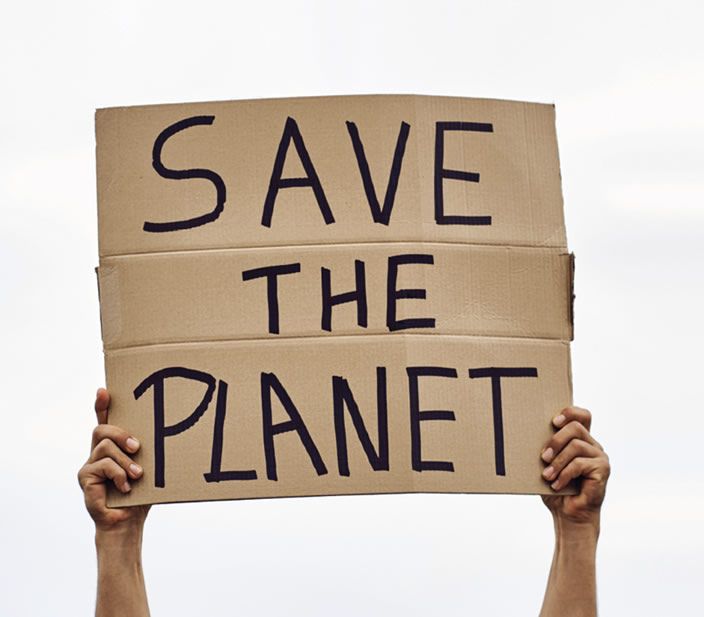
We’ve heard a lot about the physical impacts of climate change this year, but what about the psychological impacts on children? And how should school staff deal with them? Three experts in the field, Chloe Watfern, Blanche Savage and Cybele Dey, explore the issue.
Climate change affects the lives of students across Australia and the world, mainly through extreme weather events. For example, 331 schools were closed at the peak of the floods in northern NSW earlier this year.
Students’ exposure to climate-driven natural disasters increases their risk of post-traumatic stress disorder and they are at increased risk of mental distress on very hot days.
Simply knowing about climate change can cause young people fear and anxiety. A recent global survey of 10,000 young people (aged 16-25) found that over 80 per cent were worried about climate change, and more than 45 per cent reported that their feelings affected their day-to-day functioning.
The toll of climate change on school-aged children and young people’s mental health is huge, but often overlooked. It is no wonder that many feel deep distress – they are on the front line, facing a future of escalating crises and ecological loss over which they have no control.
Climate distress is a valid response to a real threat, motivating students to take meaningful action and connect with others who share their concerns. However, it can also be debilitating.
The way adults respond to young people when they express concern or distress about climate change can shape how they cope. Teachers and school counsellors are often the first people school students come to with their fears, frustrations, and sadness about climate change.
There are many free resources online that can help school staff understand climate distress in their students and respond to them in appropriate ways.
Below are some practical points to help school staff support their students with climate distress.
Acknowledge climate feelings in ourselves
We each bring our own emotional responses to climate change, and we may have had our own experiences of ecological loss or natural disaster, from bushfire to drought or flood.
To respond well to a student’s climate distress, adults need to have processed their own feelings.
There are many ways to do this: try writing them down (for example, start with, ‘climate change makes me feel…’), or connecting with others through support networks like the climate cafes offered by Psychology for a Safe Climate.
Validate feelings in students
It is appropriate, but not universal, for school-aged children to be distressed about climate change. The climate crisis is real, and the best available scientific evidence predicts increased warming over coming decades.
False reassurance or avoiding students’ distress about climate change is likely to worsen, not improve, their mental health. It is helpful when trusted adults, including teachers and school counsellors, listen and validate concerns while remaining interested and realistically hopeful.
Consider impact of family, culture and community
Climate change disproportionately affects those least responsible for it: families from diverse cultural and linguistic backgrounds, people with mental illness, people living in poverty or unstable housing, and First Nations people.
Aboriginal and Torres Strait Islander people have cared for their ancestral lands for millennia without causing climate change, and have a cultural duty to protect Country. They may experience a deep sense of shame and loss of culture in addition to the climate distress impacting other students.
At the same time, there are many Aboriginal and Torres Strait Islander leaders who have been sharing wisdom and speaking about climate injustice. Building an understanding of the stories of these leaders can be particularly valuable for maintaining and developing realistic hope.
Offer investigation, counter misinformation
Companies profiting from the ongoing extraction of fossil fuels have waged a substantial campaign of advertising and misinformation to prevent or delay effective action on climate change.









































































































































